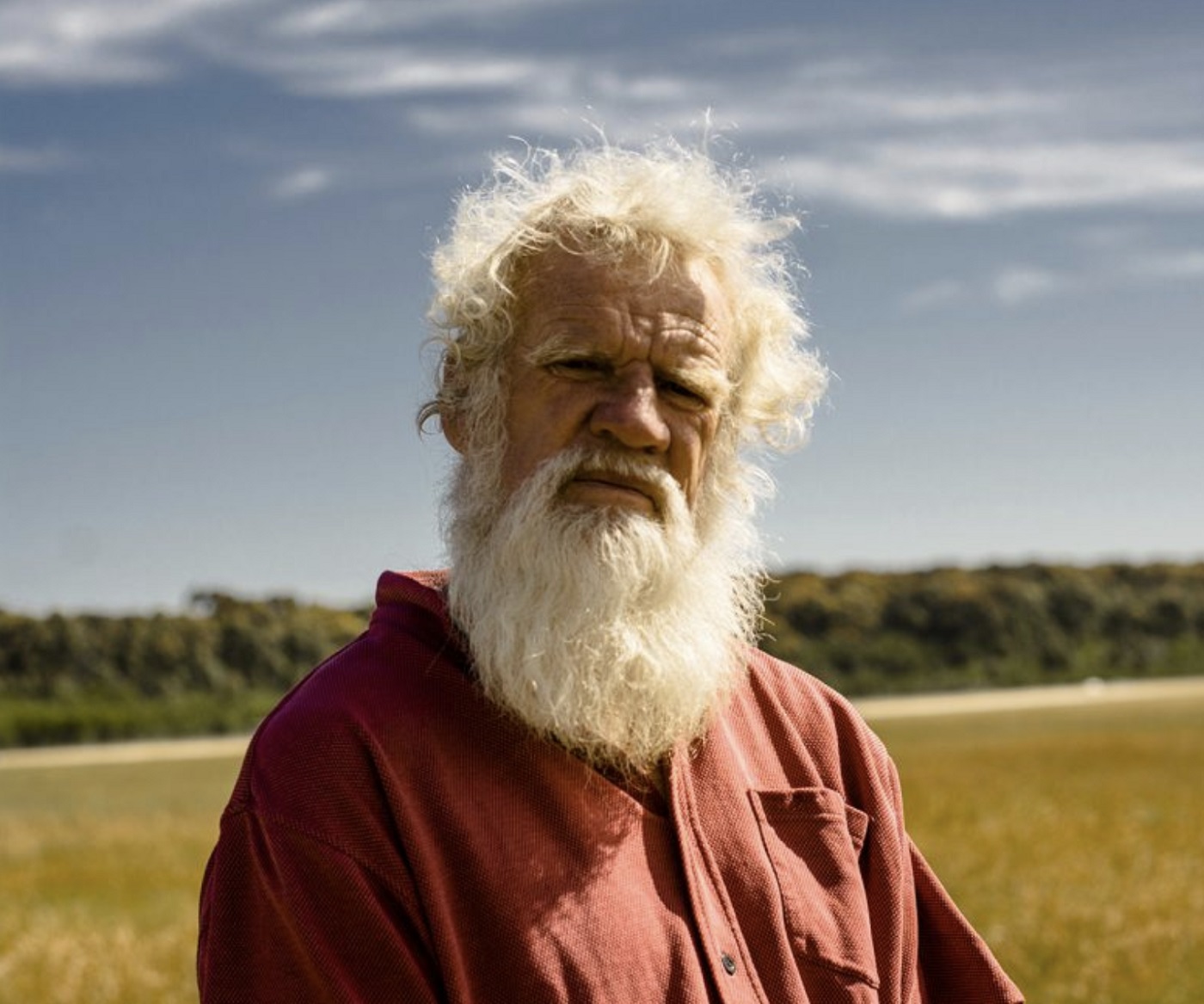First
Peoples view Country as kin, to be looked after and actively loved. As the writings
of Uncle Bruce Pascoe and Bill Gammage have recently popularised, Australia’s First
Peoples have been developing complex technologies, practicing aquaculture,
making bread, farming and caring for Country for millennia. We have been
nurturing and peacefully interacting with our land longer than any other living
and continuous culture in the world.
Although great diversity exists across all First Nations communities of Australia, our knowledge and cultures are grounded in an understanding that every living thing is interconnected in a matrix with custodianship as the foundational tenet. We have a relationship with Country that is holistic, healthy, loving, reciprocal and engaged. This kincentric relationship emphasises the obligations of custodianship – something that is often lacking within non-Indigenous views of Country. Instead of being regarded as kin, to be cared for, respected and nurtured, for the past two centuries Country has been managed as a resource to be exploited and controlled.
If Country, our Mother, is sick, then we too are sick. It also follows that when we as First Peoples are suffering and cannot be healed, Country too is suffering and her wounds are open. This affects all Australians, and we must find a path forward that honours this kincentric relationship – and disrupts the colonial mechanisms of taking, taking, taking. A path forward that would need to acknowledge that making reparations to both people and Country is integral to countering the environmental crisis we all face.
 Bruce Pascoe’s celebrated book Dark Emu is one piece in a much bigger conversation
Bruce Pascoe’s celebrated book Dark Emu is one piece in a much bigger conversation
As an Aboriginal woman working in academia, I have spent the last year observing many nuances of western knowledge production in the university system. Along the way I’ve seen fundamental problems in the current approach to engaging with Aboriginal people, communities and knowledge systems. This engagement should be at the heart of discussions around how Aboriginal ecological knowledge can be foregrounded as a way to counter the march of climate change.
Too often non-Aboriginal people are actively working to find mechanisms to take, co-opt, benefit from, use, adapt and borrow, using Indigenous ecological knowledge in ways which provide absolutely no benefit to First Peoples or their communities. Horrifyingly, this is often done in the name of partnership, collaboration and respect. One only has to look to media coverage of the final ‘rock climbers’ at Uluru to see this cognitive dissonance at its most potent: while claiming to respect the Anangu traditional owners’ right to uphold their cultural responsibilities by closing the climb, the climbers spoke of their own overriding “spiritual” justification in ticking it off their “bucket list”.
That contradiction is a telling example of the ways in which Aboriginal and Torres Strait Islander peoples are disrespected and negated when there is something to be gained. It can also be seen in the way Aboriginal people often still exist within academia as the ‘informant’. I have been lucky to be employed as an academic in a context that acknowledges my cultural knowledge, life experience and the insight I bring as an Aboriginal woman despite my lack of formal higher learning. I am grateful to be empowered within my work, as I see so many of my mob are not being engaged in such a respectful context. Sadly, academic structures often fail to meaningfully incorporate Aboriginal pedagogies, when a truly holistic approach to our ‘ways of knowing and ways of doing’ is needed to make the richness of these systems clear.
Related Article
Jonathan Jones and Bruce Pascoe offer a timely illustration of Aboriginal lands on the cusp of colonisation
What
do these examples have to do with bringing Aboriginal ecological knowledge and
western science together to enact the healing of Country? Our knowledge, and
our active custodianship should not be seen as inspiration, to be taken and
adapted to produce an ultimately watered-down version that loses its meaning.
Instead, these ways of knowing, developed over deep time, need to be understood
and properly realised as inextricable from us as Aboriginal and Torres Strait
Islander peoples.
It
is time to stop seeing Indigenous ecological knowledge as something which can
be separated from Indigenous peoples. We need to be empowered and brought to
the table from the beginning. If our needs and aspirations aren’t included in
ecological strategies and decision-making processes from the start, we stand to
be left out again. Empower us and our active custodianship of Country and you empower
yourselves.
Looking
around at our dying river systems, catastrophic loss of biodiversity,
compromised soils and failing marine ecosystems, what does contemporary
Australia have to lose? Fundamentally, if you get it right for us, you get it
right for everyone. It’s a simple truth that eludes many.
I
am so grateful to Uncle Bruce Pascoe for all he has done to illuminate to a
wide and hungry audience the power of our relationship to Country, and what it could
mean for all Australians. But it is time for people to stop reading Dark Emu and
using the vast knowledge within it as a mere call to plant native plants on
private properties without knowing, meaningfully engaging with and supporting
those whose Country they are on. This book was a call to arms, but merely
reading is no substitute for assuming one’s personal responsibility.
Now
you have begun to know, what are you going to do about it?
Zena Cumpston is a Barkandji woman. She is curator, consultant, writer and Research Fellow at the University of Melbourne. Zena was a collaborator on Bunha-bunhanga; Aboriginal agriculture in the southeast as part of Tarnanthi Festival and recently published a free booklet about Aboriginal plant use.
Get the latest from The Adelaide Review in your inbox
Get the latest from The Adelaide Review in your inbox